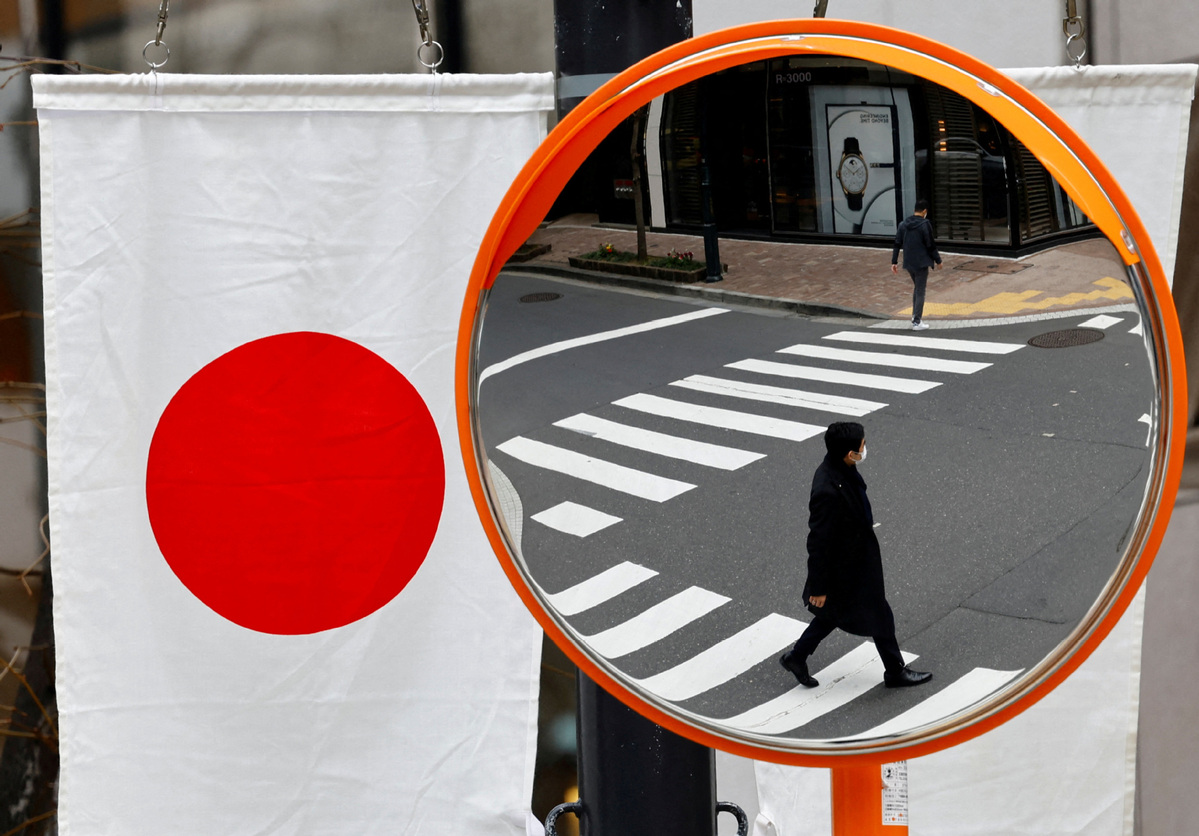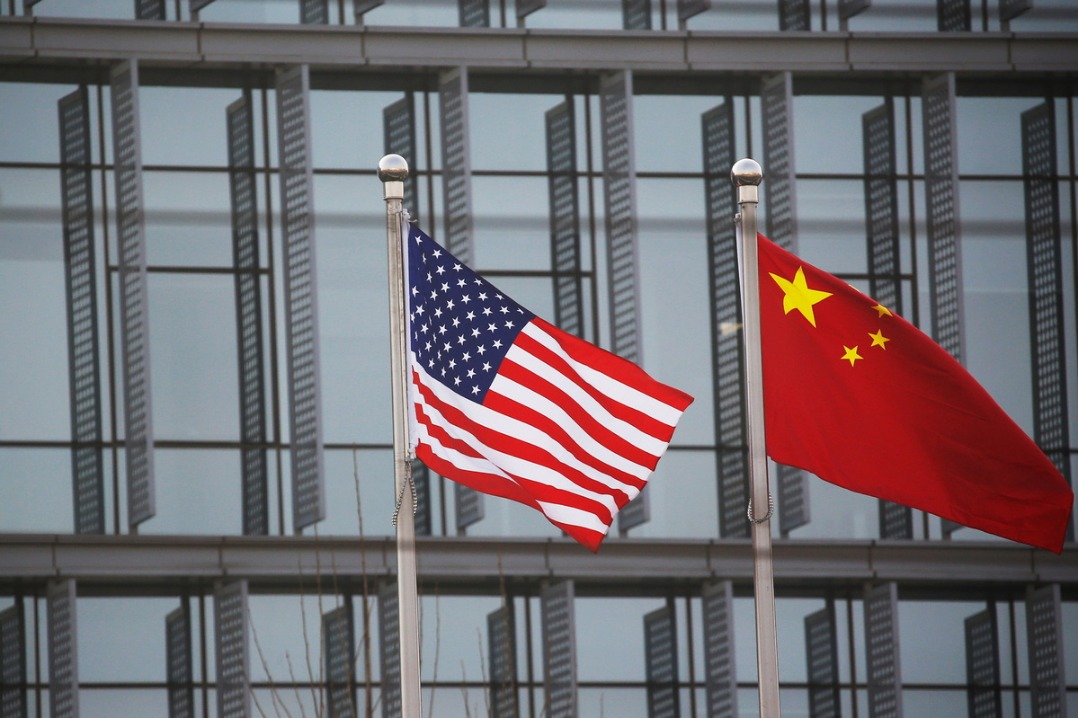Japan's move to export jets raises concern
Tokyo's revision of arms policy called out as a 'historic outrage', experts say


A revision to end the de facto ban on the overseas exports of deadly weapons manufactured in Japan signifies the country's abandonment of its consistent postwar peace policy, experts said, calling the move a "historic outrage" and "a major cause for concern".
The Japanese government greenlit revised guidelines for its stringent defense equipment transfer regulations on Tuesday, enabling the export of next-generation fighter jets developed in collaboration with the United Kingdom and Italy through the Global Combat Air Programme.
The revised guidelines outline that Japan is authorized to export these fighter jets, slated for deployment by 2035, to a third country. This marks a notable departure from Japan's historically tight constraints on arms exports.
"Fighter jets are the epitome of lethal weapons. Such exports blatantly contradict postwar Japan's pacifist principles based on the Constitution," said Takakage Fujita, secretary-general of the Association for Inheriting and Propagating the Murayama Statement, a Japanese civic group dedicated to upholding the 1995 statement that admits Japan's wartime mistakes.
"For years, Japan has adhered to the Three Principles on Transfer of Defense Equipment and Technology, maintaining a de facto ban on exporting weapons. However, this government decision is a historic outrage that undermines Japan's postwar principle of peace," Fujita said.
Exporting weapons and becoming a global arms dealer would destroy Japan's international credibility as a nation that has walked the path of peace, reflecting on its prewar and wartime mistakes, he added.
Fujita stressed that it is "absolutely impermissible" to unilaterally advance such a major shift in security policy without a national debate, and base it solely on agreements between Japan's ruling Liberal Democratic Party and its coalition partner Komeito.
The coalition government has repeatedly pushed through significant security policy changes, such as possessing the capability for retaliatory strikes, through unilateral decision-making via ruling party consultations and cabinet resolutions without engaging in national or parliamentary debates.
"We staunchly oppose this manner of forcibly imposing cabinet decisions without engaging in national debates or parliamentary discussions, which undermines the essence of pacifism," Fujita said.
The revisions stipulate that Japan can export the fighter jets, which are targeted for deployment by 2035, to a third nation, though the warplanes cannot be transferred to a nation where combat is taking place.
According to the new regulations, the destination of the fighter jet exports will be limited to nations that have signed pacts with Japan on defense equipment and technology transfers, which currently stands at 15.However, the number could easily increase with new agreements, Fujita said.
"Monitoring whether the exported items are used for attacks violating international law or for aggression against other countries is difficult. Even if the exported items are used for such purposes, Japan cannot prevent it," he added.
Kazuyuki Hamada, an international political economy scholar and former Japanese parliamentary vice-minister for foreign affairs, expressed the same view.
"The Japanese government lacks the means to put a stop to the transfer of next-generation fighter jets and similar equipment to third countries," Hamada said.
"While the Japanese government points to the increasingly challenging security environment surrounding Japan as the reason for the revision, if that's the case, rather than expanding military capabilities, I believe priority should be given to strengthening diplomatic efforts and initiatives aimed at fostering mutual understanding through dialogue with relevant countries."
Japan has been drastically readjusting its security policy in recent years, increasing defense spending year-on-year, relaxing restrictions on arms exports, and seeking military breakthroughs.
Worrying neighbors
These moves trigger serious concerns among Japan's neighboring countries and the international community, said China's Foreign Ministry spokesman Lin Jian at a news conference on Tuesday.
"Japan must sincerely listen to the security concerns of neighboring countries. This is because Japan has a history of inflicting significant harm on its neighboring countries through militarism. To avoid repeating such tragedies, it is important to reflect on history and establish norms for future actions," Hamada said.
The Japanese government is supporting the defense industry and attempting to position it as a new growth industry, he said.
"Being led by the defense industry strategy pursued by the US government, the actions of the (Fumio) Kishida administration, pushing forward with cabinet decisions without considering domestic and international opposition or cautious voices, may sow seeds of future trouble," Hamada added.



































